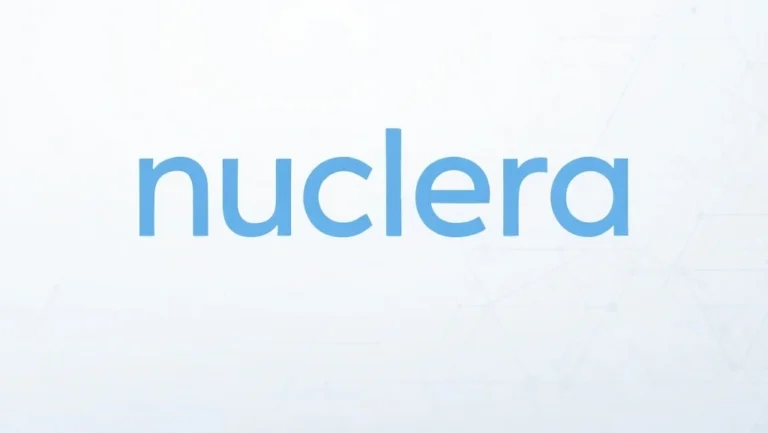
Gilead Sciences, Inc. has announced the presentation of new findings from its antiviral research and development programs at IDWeek 2024, scheduled for October 16-19. The presentations will include data from 31 studies focused on HIV treatment and prevention, COVID-19, and viral hepatitis. Among these are one late-breaking abstract and six oral presentations, underscoring Gilead’s commitment to addressing the diverse needs of communities impacted by significant viral challenges.
Dr. Jared Baeten, Senior Vice President and Virology Therapeutic Area Head at Gilead Sciences, expressed enthusiasm about sharing new research that showcases the company’s extensive antiviral portfolio and pipeline. “We strive to treat, prevent, cure, and help eradicate viral diseases worldwide,” he said. “The data reflect our unwavering commitment to advancing scientific innovations in virology to address urgent global needs.”
HIV Research Highlights
Gilead continues its dedication to combating the HIV epidemic through ongoing scientific discovery. Key studies presented will include the evaluation of Biktarvy® (bictegravir 50 mg/emtricitabine 200 mg/tenofovir alafenamide 25 mg) as a long-term treatment option for a wide range of people with HIV (PWH). The pipeline research will introduce investigational treatment candidates, such as new data on GS-1720, a novel once-weekly integrase strand transfer inhibitor (INSTI), and a late-breaking oral presentation showcasing Week 48 data from a Phase 2 study assessing a new once-weekly oral combination regimen of islatravir and lenacapavir.
Gilead will also present results from its pivotal Phase 3 PURPOSE 1 (NCT04994509) and PURPOSE 2 (NCT04925752) trials, which investigate the efficacy and safety of lenacapavir, an injectable HIV-1 capsid inhibitor, for HIV prevention in diverse global populations. These trials were unblinded in June and September.
Additionally, Gilead will share five-year outcomes from Studies 1489 (NCT02607930) and 1490 (NCT02607956), which compared the safety and efficacy of Biktarvy to Triumeq (ABC/DTG/3TC) and dolutegravir plus emtricitabine/tenofovir disoproxil fumarate. The first analysis focuses on treatment-naïve PWH aged 50 or older, providing data relevant to this growing demographic. The second analysis will examine the safety and efficacy of Biktarvy in treatment-naïve Black adults, a group historically underrepresented in clinical studies despite the disproportionate impact of HIV on Black communities.
Furthermore, Gilead will present three-year outcomes from the CAPELLA study (NCT04150068), which assessed twice-yearly subcutaneous dosing of Sunlenca® (lenacapavir) combined with an optimized background regimen in individuals with multi-drug resistant HIV. HIV prevention data will also include an analysis of newly initiated pre-exposure prophylaxis (PrEP) use among priority populations with unmet needs in the U.S.
Additional findings will feature survey data on real-world trends among PWH with ART resistance mutations, healthcare resource utilization, and their effects on efficacy, safety, and clinical outcomes.
COVID-19 Research Updates
Gilead’s 14 presentations on COVID-19 will showcase crucial data regarding the evolving SARS-CoV-2 virus and address the needs of those most vulnerable to severe outcomes. A real-world evidence analysis will detail outcomes following treatment with Veklury® (remdesivir, 100mg for injection) for hospitalized patients with leukemia, lymphoma, and multiple myeloma. Additionally, in vitro data will illustrate Veklury’s ongoing antiviral effectiveness against recent Omicron subvariants.
An oral presentation will discuss the investigational drug obeldesivir, which demonstrated a reduction in SARS-CoV-2 infectious viral titers in COVID-19 patients. Gilead will also provide comprehensive results from the BIRCH (NCT05603143) and OAKTREE (NCT05715528) clinical trials. Gilead previously announced the early termination of the BIRCH trial due to lower-than-expected COVID-19 incidence rates and hospitalizations, which were the primary endpoints of the study, although this decision did not indicate any safety or efficacy concerns. Top-line results from the OAKTREE trial showed that, while it did not meet its primary endpoint for individuals without risk factors, obeldesivir was generally well tolerated.
These upcoming presentations at IDWeek 2024 reflect Gilead’s ongoing efforts to advance treatment options and address the pressing global challenges posed by viral diseases.





